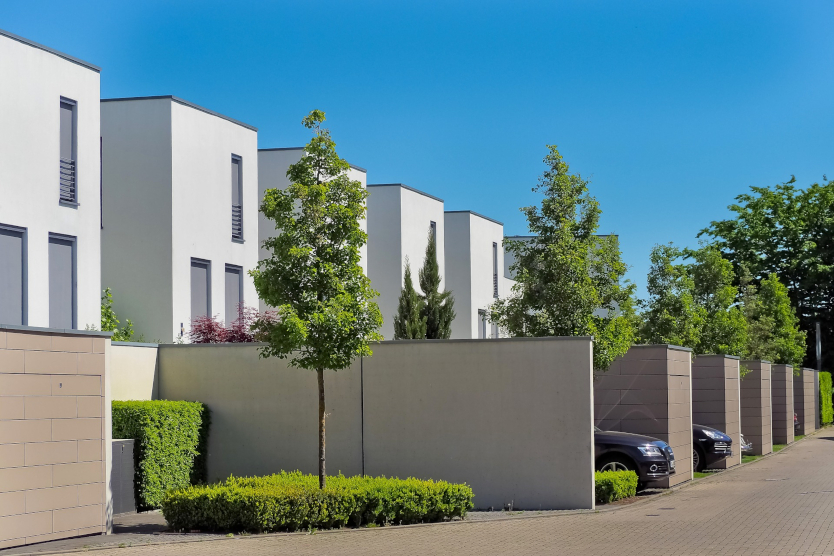
A research team assessed the performance of heat pumps which were installed in 56 existing buildings over a period of five years.
© Pixabay
Climate-friendly electric heat pumps are now a common feature in new buildings in Germany, but a new report from the Fraunhofer Institute for Solar Energy Systems (ISE) proves they can also be used highly efficiently in existing buildings, to reduce carbon emissions and cut costs.
Over the course of the ‘WPsmart in Existing Buildings’ project, the research team assessed the performance of heat pumps which were installed in 56 existing buildings over a period of five years. “The heat pumps in our research project deliver the desired heat reliably, there were hardly any operational disturbances,” summarises Dr Marek Miara, heat pump coordinator at Fraunhofer ISE in a press release. “This is also due to the increase in know-how among manufacturers and installers over the last ten to 15 years”. Moreover, CO2 emissions were calculated to be 19 to 57 percent lower than from buildings using natural gas condensing boilers.
Existing building stock accounts for 30 percent of total energy consumption in Germany, and so the retrofitting of heat pumps will make a significant contribution towards the Energy Transition. When compared to buildings with gas condensing boilers, the CO2 emissions of those using outdoor air heat pumps were 19 to 47 percent lower, while that figure increased to 39 to 57 percent in buildings with ground-source heat pumps. When combined with solar technology and wind power, the report suggests that savings of over 50 percent could be made in the medium term.
The investigation, which was funded by the German Ministry for Economic Affairs and Energy, will be followed up by a project which focuses on quality assurance in renovated buildings during installation and operation.


